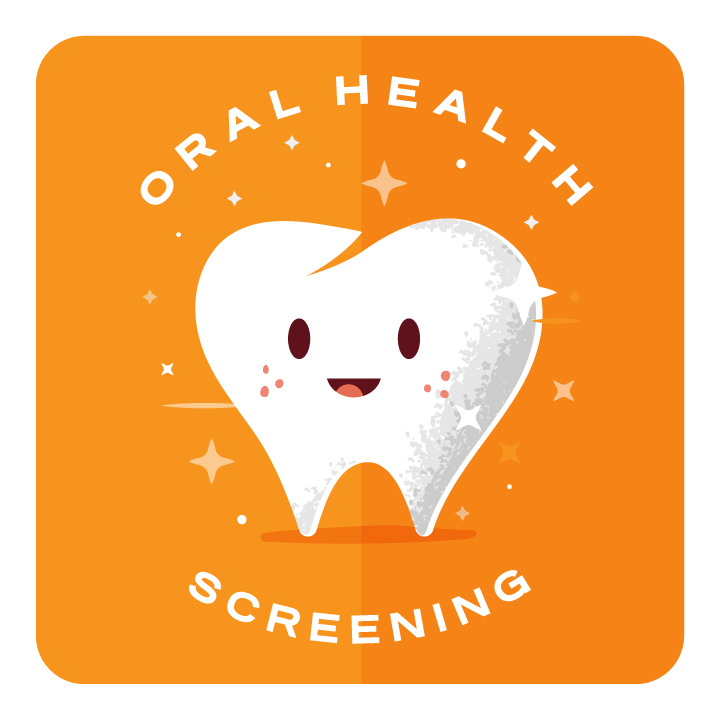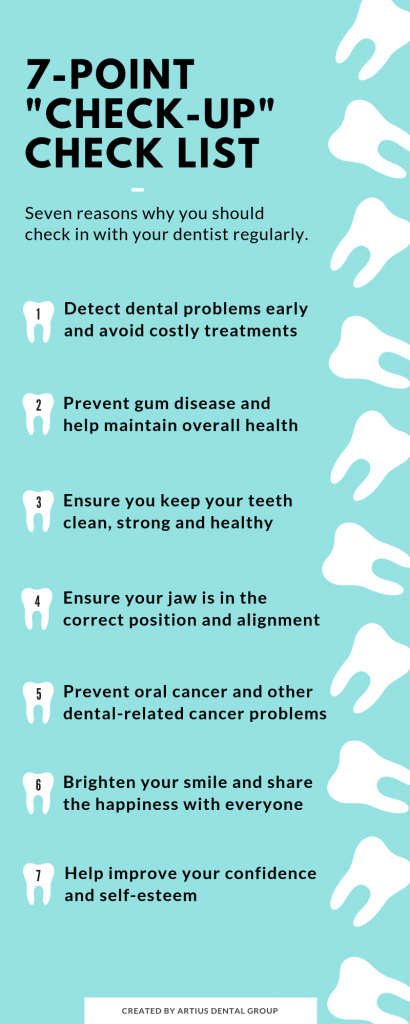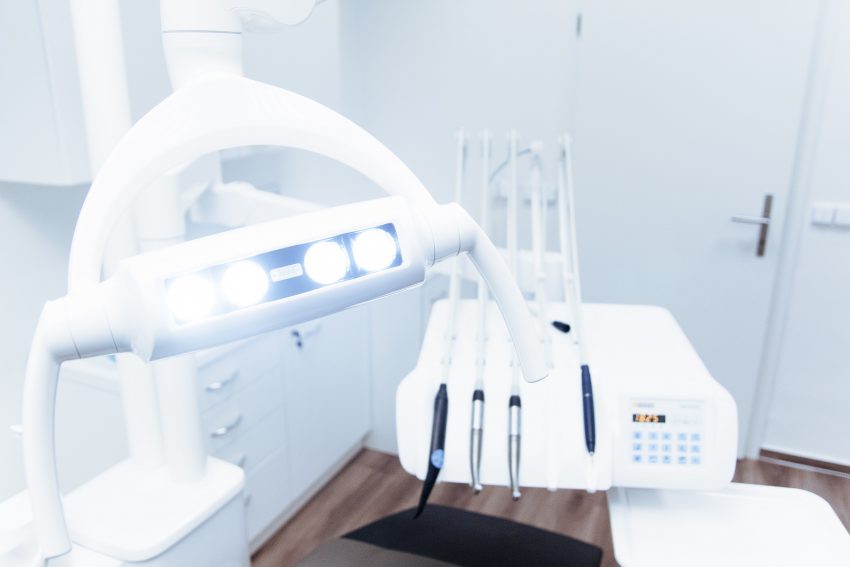Let us investigate and count the ways for you.

The answer usually depends on your individual circumstances and risk factors. We all have different oral health needs and risk levels which reflect in the frequency of oral health screenings.
How Often Should You Visit the Dentist?
Most dentists will recommend you visit every six months, while other clinics may schedule annual appointments. However, if you have an ongoing oral health problem, your dentist might suggest more frequent visits.
We certainly feel your pain (or rather, your urge to avoid pain and skip your appointments). We understand that going to the dentist can be anxiety-inducing. But it should never be a reason to avoid seeing the dentist.
Again, how often you should go to the dentist depends on how well you maintain good oral hygiene on your own. One dental appointment a year should be your minimum. Of course, going more frequently is always the safest bet and any oral issues can be detected early.
What Do the Dentists Say?
Many dental professionals recommend a recall period of six months as they find this to be the safest amount of time to detect any possible oral health problems at an early stage, when treatments or preventive care may be more effective.
The ultimate goal is to ward off any problems like tooth decay (cavities) and periodontitis (gum disease) as both lead to pain and tooth loss and can be avoided. Going for a regular check-up can prevent them altogether or stop them in their tracks.
Remember, the bacteria in your mouth are serious opportunists and will grab any chance of damaging your oral health without you even realising it!
Why are Regular Oral Health Screenings Important?
These screenings give your dentist the chance to check your mouth for any possible signs of oral health problems such as tooth decay, gum disease and oral cancer.
If there is a problem, your dentist will discuss treatment options with you, including cost estimates. In some cases, this may be followed by scaling and cleaning treatments, which remove hardened plaque from your teeth and prevent gum disease. Your dentist will also offer any advice they think may be able to help improve your oral hygiene at home.

What to Do if You Have Dental Fears?
If you’re avoiding your dentist due to nerves, don’t be, as there are ways to make it a less scary experience.
Talking to your dentist may help. Tell them about your dental fears and ask if there is anything they or their office can do to help ease your fears.
For some, going to the dentist regularly helps them overcome their anxiousness. They grow more comfortable with the experience and realise there is nothing to be worried about.
If you are taking your child to see the dentist, avoid sharing your negative dental experiences with them. Setting up that mindset will not help them when it’s their turn. Instead, inform them early when they have an appointment and answer any questions as honestly and truthfully as possible.
Your dentist will determine the most suitable time interval between your check-ups based on your individual needs, which may change over time. If you haven’t visited a dentist for longer than 12 months, you should consider making an appointment for a complete oral health assessment and teeth cleaning.
